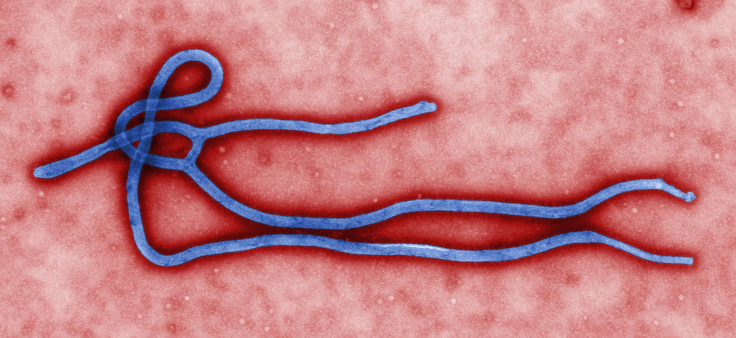Ebola Survival Rates: Why Patients' Outcomes Vary

Testing positive for Ebola is, more often than not, a grim prognosis. Since the virus was first identified in 1976 in Zaire, some outbreaks have had survival rates as low as just 10 percent. However, the current Ebola epidemic that has devastated the West African countries of Guinea, Liberia and Sierra Leone has seen survival rates vary widely from one place to the next depending greatly on the type of care patients received and how early they were able to get treatment, health experts say.
The overall survival rate of the current Ebola outbreak, the largest in history with more than 9,200 confirmed or suspected cases, is around 50 percent, according to the World Health Organization. That's a better outcome than most previous outbreaks, many of which had survival rates less than 30 percent. Sierra Leone’s survival rate is currently about 65 percent. Guinea’s hovers around 50 percent, and Liberia’s is around 40 percent, the WHO reports.
For patients treated abroad, the outlook is much better. Patients treated in the U.S., for instance, have an 80 percent shot at survival. Of course, that figure is based on a very small sample size -- just four cases, including that of Thomas Eric Duncan who died at a hospital in Dallas on Oct. 8. Two of the nurses who treated Duncan have contracted the virus and remain in care.
The difference between a patient who dies from Ebola and one who survives comes down to rehydration, health officials have said. Survivors are usually those who were given oral or intravenous fluids early on. "The most important care of patients with Ebola is to manage their fluids and electrolytes, to make sure that they don't get dehydrated," Tom Frieden, director of the Centers for Disease Control and Prevention, has said. "And that requires some meticulous attention to detail and aggressive rehydration in many cases."
Immune system also plays a role, experts say. If an Ebola patient has a strong immune system to begin with, his chances of survival go up, CNN reports. Access to adequate health care is a major factor in a person’s overall health.
© Copyright IBTimes 2024. All rights reserved.






















